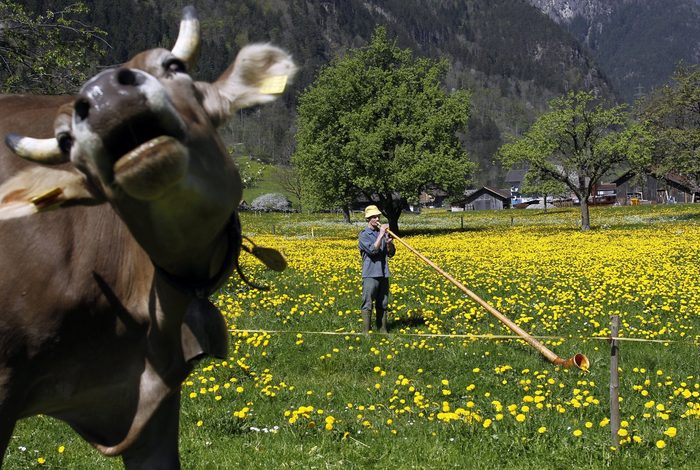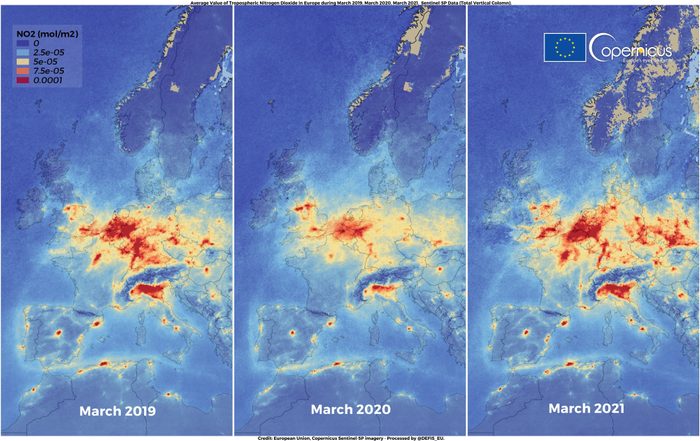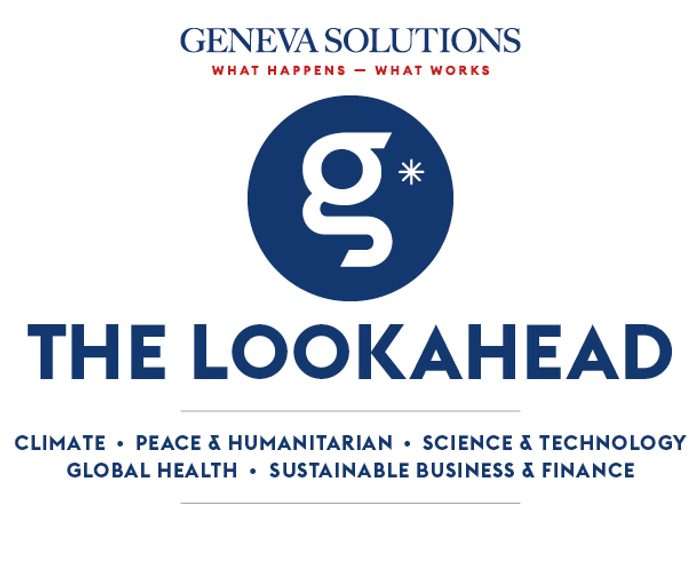Good morning, this is Michelle and today we’re taking a closer look at one of the key topics of debate around the Food Systems Summit: agroecology.
Also, a study shows the huge potential of storing carbon in oil reservoirs, a solution that could help countries achieve carbon neutrality but that remains marginal for now. Plus, we get a stark warning from the icy north where lightning could literally be the spark that ignites a feedback loop of more environmental bad news. |
|
Climate & environment news
|
|

Swiss organic farmer Ambros Walker plays the alphorn next to his farm in Erstfeld, central Switzerland, 28 April, 2010. (Keystone/Urs Flueeler)
|
|
👩🏽🌾 ✊ The answer to our food problems?
With preparations for the UN Food Systems Summit underway, rights groups are calling for a paradigm shift, with agroecology at the forefront. As a practice that seeks to protect biodiversity while allowing small farmers to be in control of food production, agroecology is believed by many to be the only way to address the underlying problems of our food systems.
Geneva Solutions (EN)
|
|
🌏 🗝️ Putting carbon away.
A study has measured for the first time the carbon storage potential in Eastern Europe, in the Caucasus and Central Asia. According to the findings by the UN Economic Commission for Europe, oil reservoirs could store up to 62,000 million tonnes of CO2, with 56,410 million tonnes in Russia alone. UNECE has been calling for countries in the region to scale up carbon capture, use and storage as a way towards reaching net-zero emissions.
UNECE (EN)
|
|
⚡❄️ Lightning in the icy north.
As the Arctic continues to warm up twice as fast as the rest of the world, unusual warm-weather phenomena in the far north are also becoming more recurrent. According to researchers, lightning, which is most common in the tropics, is now striking near the region and could more than double by 2100, sparking wildfires that will release 100-years old greenhouse gases previously stocked in the frozen soils that will in turn heat up the planet.
Wired (EN)
|
|
Here's what else is happening
|

(European Union, Copernicus Sentinel-2 imagery)
|
|
Europe pollution back to normal.
Despite a decline during the first months of the Covid-19 pandemic, air pollution levels in Europe have rebounded as governments loosen sanitary restrictions and restart their economies. The nitrogen dioxide concentration above Brussels, for example, saw a 36 per cent drop in March 2020, only to bounce back last month to pre-pandemic levels, according to the European Earth observation programme Copernicus.
Copernicus (EN)
|
|
|
GS news is a new media project covering the world of international cooperation and development. Don’t hesitate to forward our newsletter!
Have a good day!
|

|
|
Avenue du Bouchet 2
1209 Genève
Suisse
|
|
|
|










